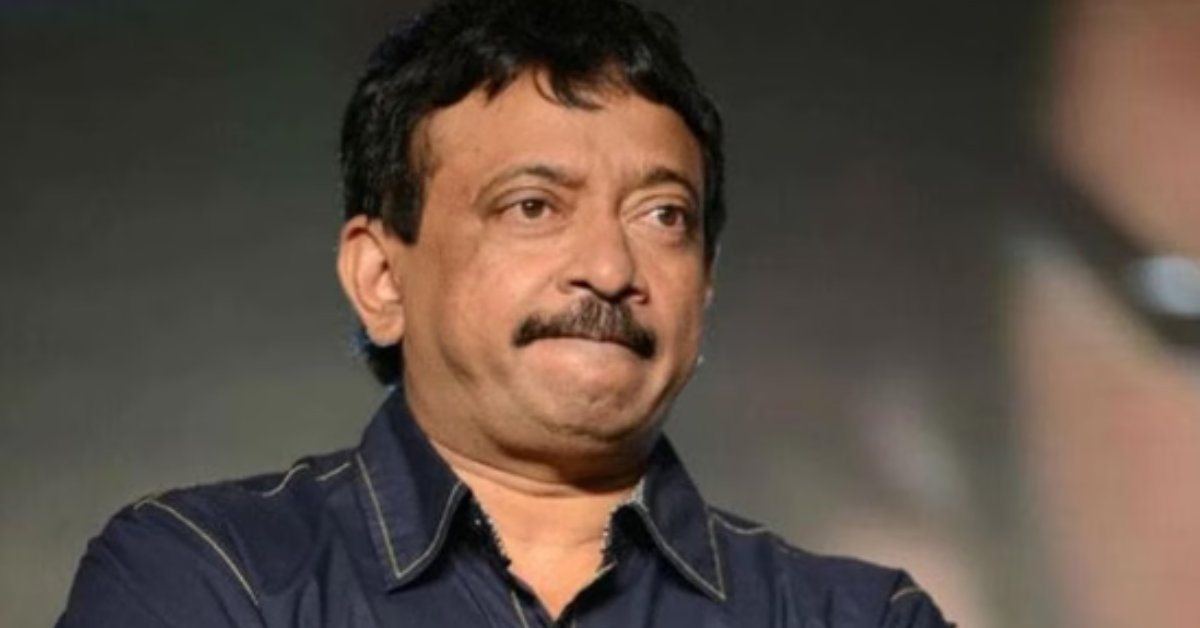Renowned filmmaker Ram Gopal Varma, known for his candid views on cinema and society, recently sat down for an insightful interview with Galatta Plus. During the conversation, Varma shared his reflections on the significant transformation of Malayalam cinema, highlighting its evolution from being synonymous with explicit content to becoming a powerhouse of content-driven storytelling. Here’s a deep dive into Varma’s observations and the broader implications for the film industry.
The Evolution of Malayalam Cinema: From Adult Content to Content-Driven Masterpieces
A Historical Perspective
In his interview, Ram Gopal Varma delved into the history of Malayalam cinema, noting its dramatic shift over the decades. “There was a time when Malayalam cinema was known primarily for its explicit sexual content,” Varma remarked. This period, he explained, was marked by a glut of films that focused heavily on adult themes, overshadowing other aspects of storytelling. Reflecting on his own experiences during his engineering days in Vijayawada, Varma mentioned that Malayalam films were often avoided by audiences in other regions due to their explicit nature.
The Turning Point
Varma credited a series of unexpected, high-quality films for the transformation of Malayalam cinema. “All it takes is a few unexpected films coming rapidly one after another to change the entire landscape,” he observed. This evolution didn’t happen overnight but was rather a gradual process influenced by various factors including changing societal norms, advancements in filmmaking, and the efforts of visionary directors and actors. According to Varma, the change in perception was not just about the films themselves but also about how they were distributed and received.
The Modern Malayalam Film Industry
Today, Malayalam cinema is celebrated for its compelling narratives, strong character development, and innovative storytelling. The industry has gained international acclaim for producing some of the best films across genres. Varma acknowledged this transformation, noting that the exceptional films being made now were always there, but the industry’s evolution allowed them to gain the recognition they deserved.
Praised Works: A New Era of Malayalam Cinema
In the interview, Varma also praised several recent Malayalam films, indicating a shift towards a more content-driven approach. One such film is The Kerala Story, directed by Sudipto Sen and starring Adah Sharma. Varma lauded it as “one of the best films” he had watched. His admiration for the film underscores the significant progress Malayalam cinema has made in terms of thematic depth and storytelling quality.
Acknowledging Contemporary Talents
Varma’s praise extended beyond The Kerala Story to other notable Malayalam films. He expressed admiration for Prasanth Varma’s Hanu-Man and Nag Ashwin’s Kalki 2898 AD, which have also garnered attention for their innovative storytelling and production values. These films, according to Varma, reflect the current strength of Malayalam cinema, which is characterized by creativity and a departure from its previously explicit reputation.
Ram Gopal Varma’s Cinematic Journey
A Storied Career
Ram Gopal Varma, who began his directing career with the Telugu film Siva in 1989, is renowned for his unique cinematic style and groundbreaking films. His Bollywood debut came with the remake of Siva as Shiva in 1990. Over the years, Varma has created a legacy with iconic films such as Rangeela, Satya, Kaun, Jungle, Company, Bhoot, Sarkar, Rakta Charitra 1, and Rakta Charitra 2. Each of these films has contributed to his reputation as a visionary filmmaker.
Recent Ventures
Varma’s recent work includes a cameo as ‘Chintu’ in the dystopian sci-fi action-thriller Kalki 2898 AD, starring Prabhas and Deepika Padukone. His involvement in this high-profile project further highlights his ongoing influence in the film industry and his interest in exploring new genres and storytelling techniques.
A New Era for Malayalam Cinema
Ram Gopal Varma’s reflections on the evolution of Malayalam cinema provide valuable insights into how the industry has transformed from a period of explicit content to a beacon of innovative storytelling. This change has been driven by a combination of creative vision, evolving societal norms, and the tireless efforts of filmmakers and actors. As Malayalam cinema continues to gain acclaim and push boundaries, it serves as a testament to the dynamic nature of the film industry and its ability to reinvent itself.
The conversation with Varma not only sheds light on the historical and contemporary aspects of Malayalam cinema but also highlights the broader trends affecting global cinema. With filmmakers like Varma continuing to engage with and critique the industry, audiences can look forward to more nuanced and thought-provoking cinema in the years to come.






